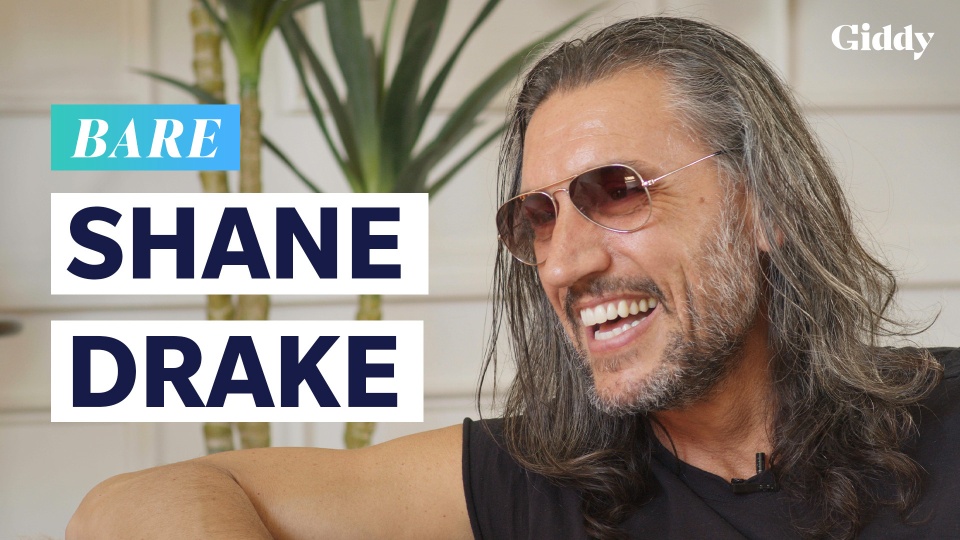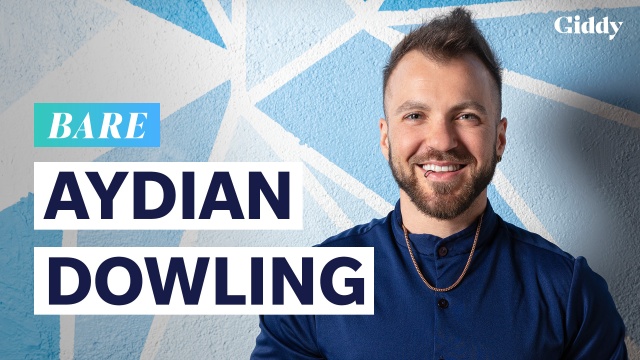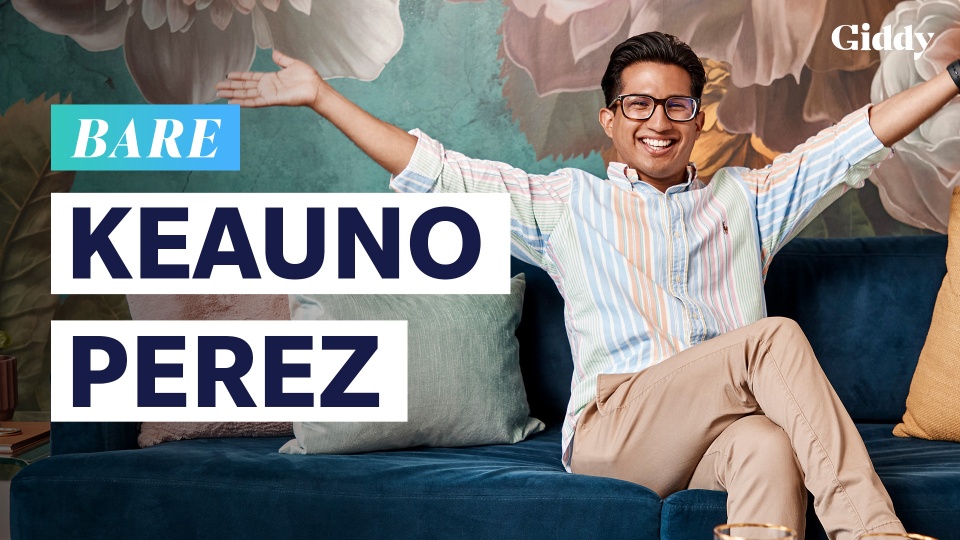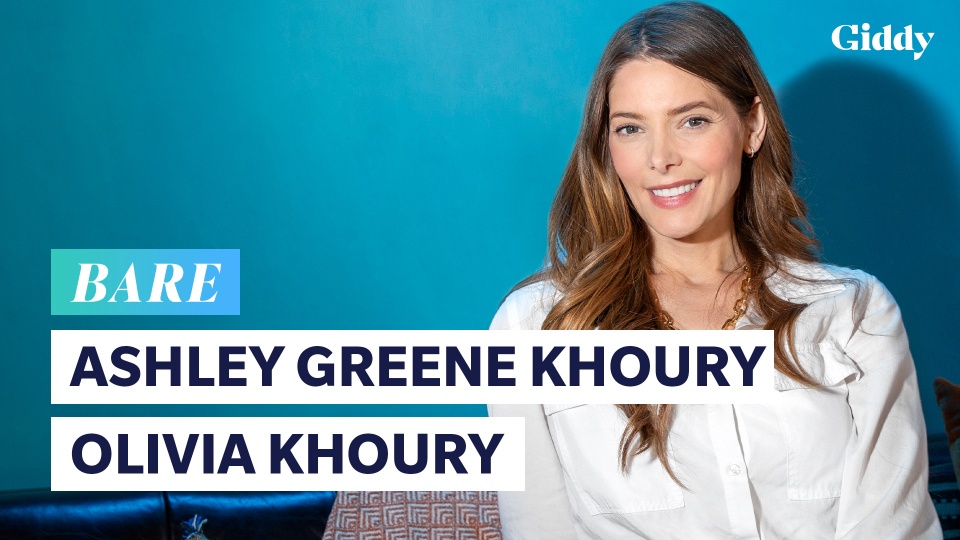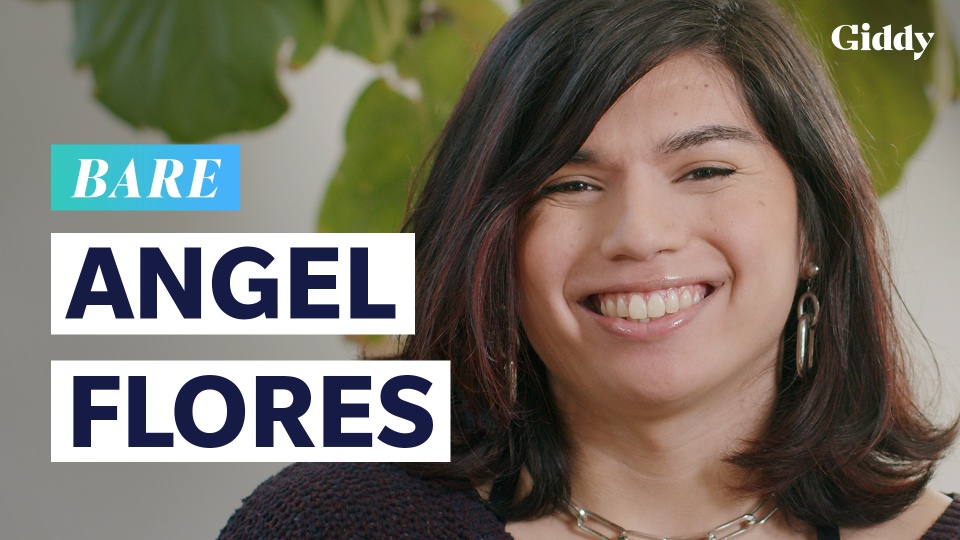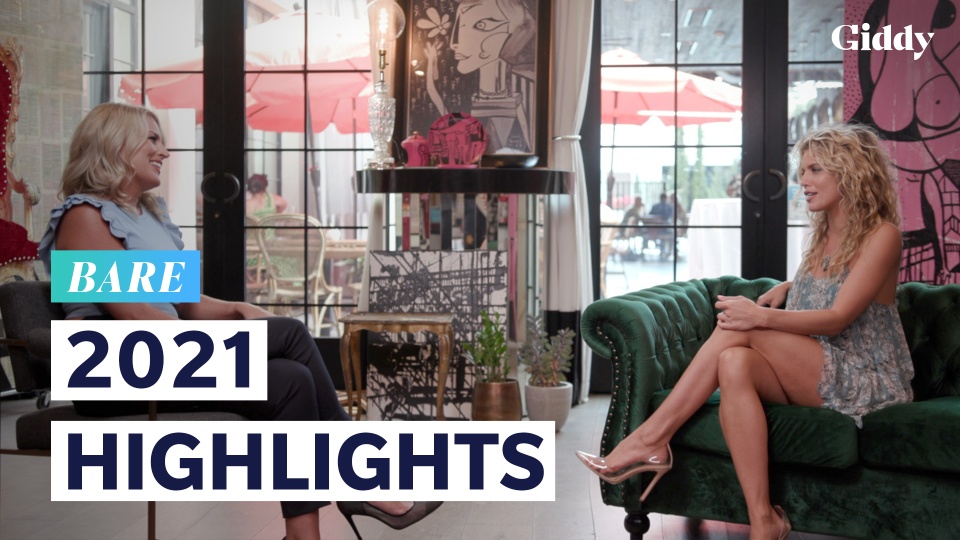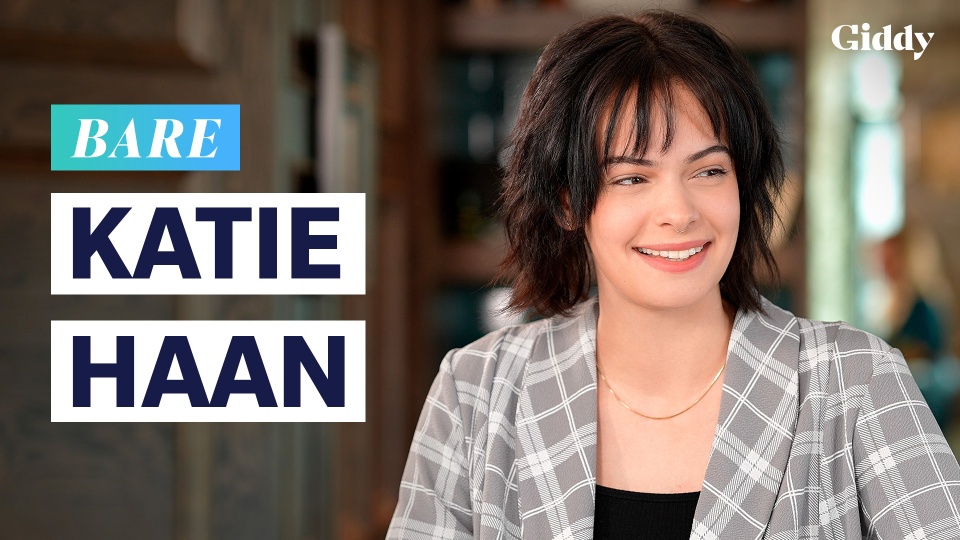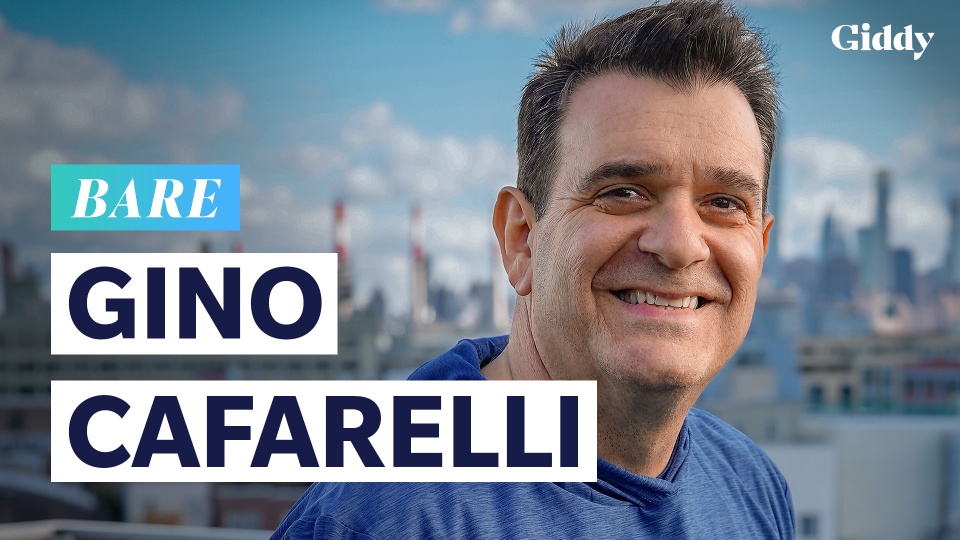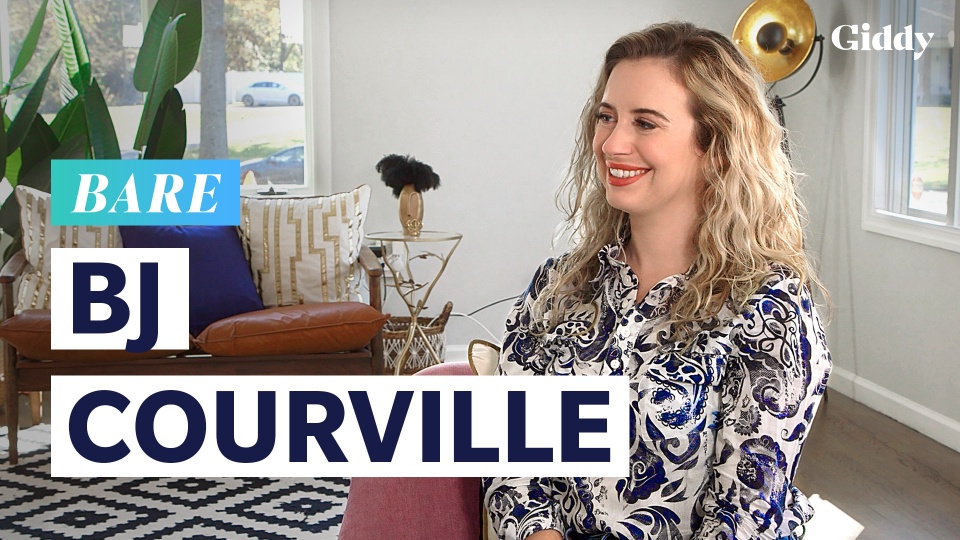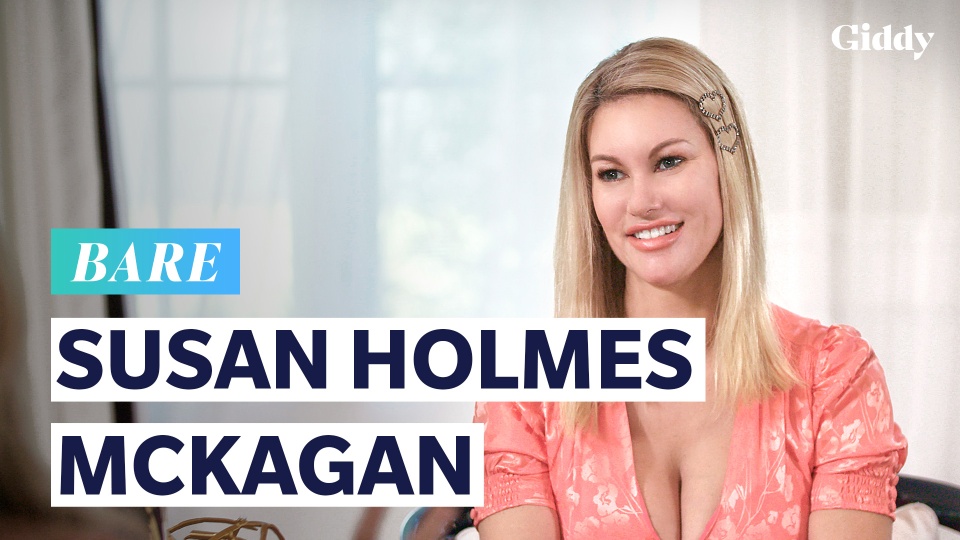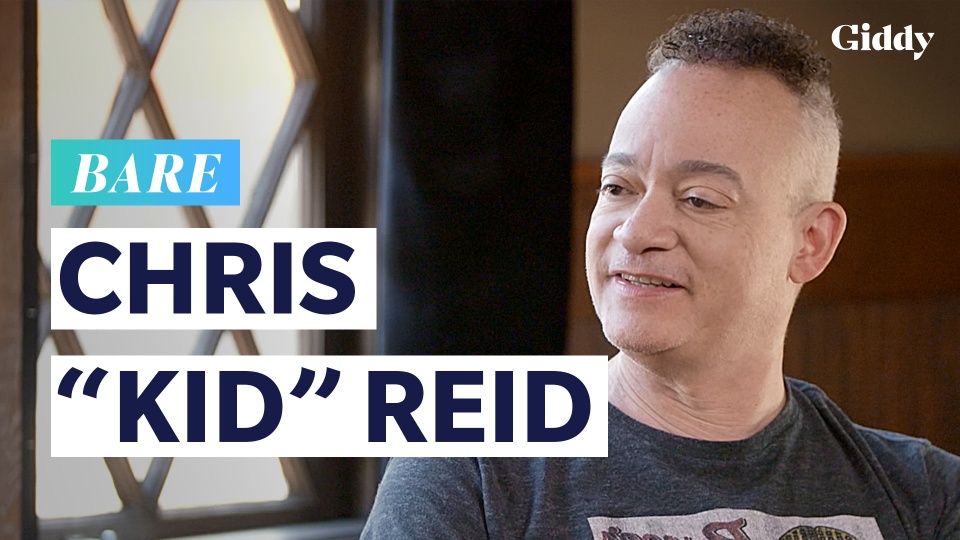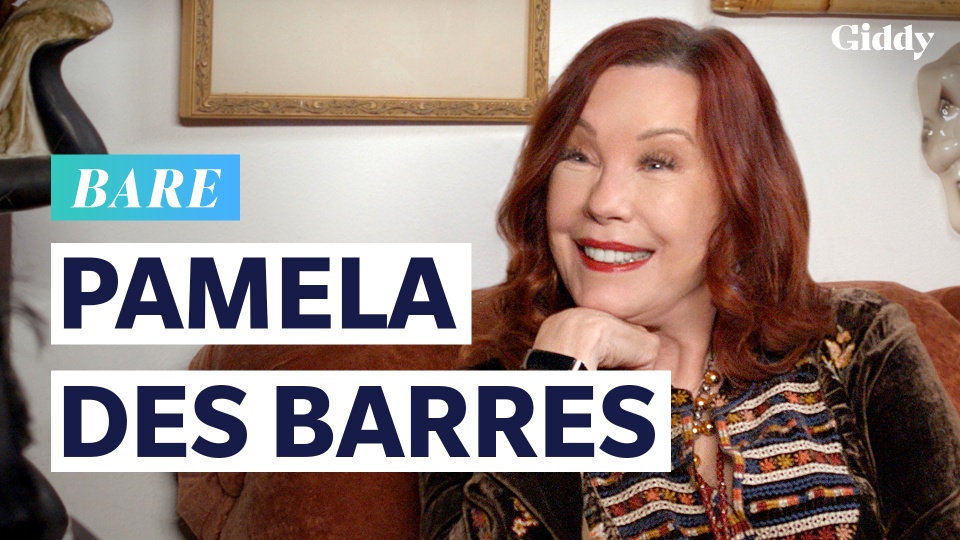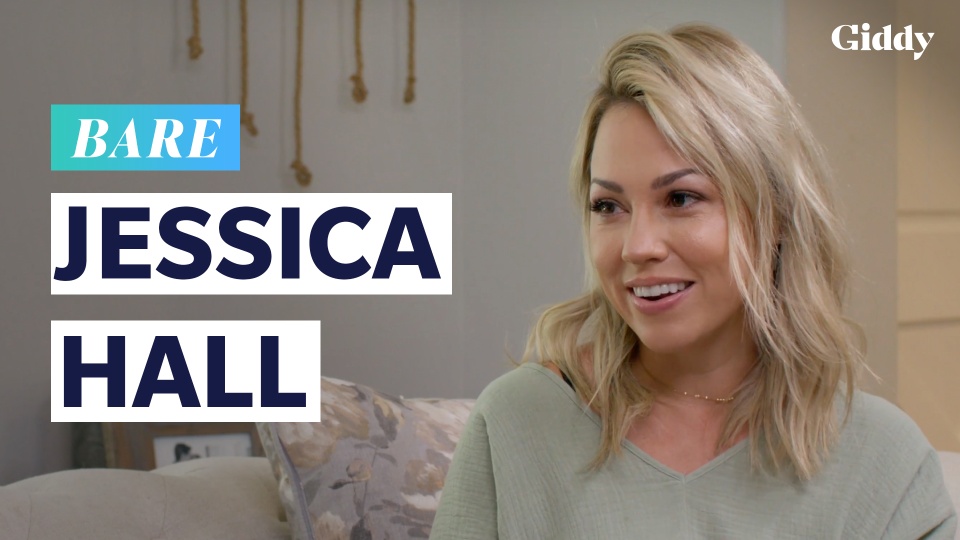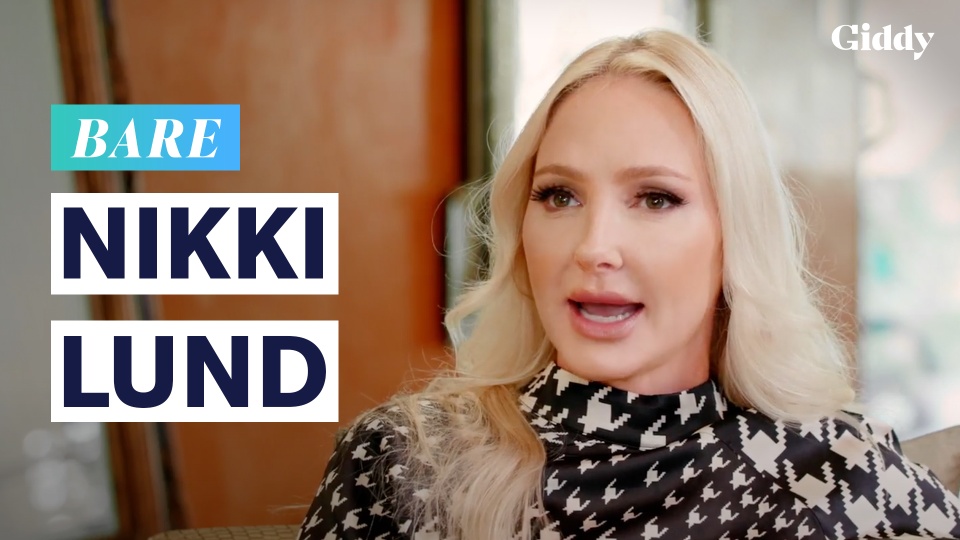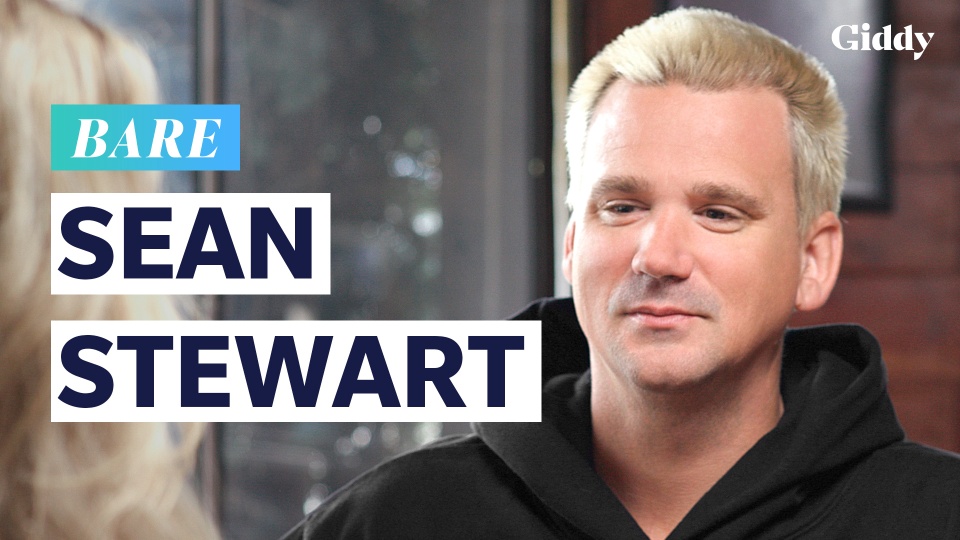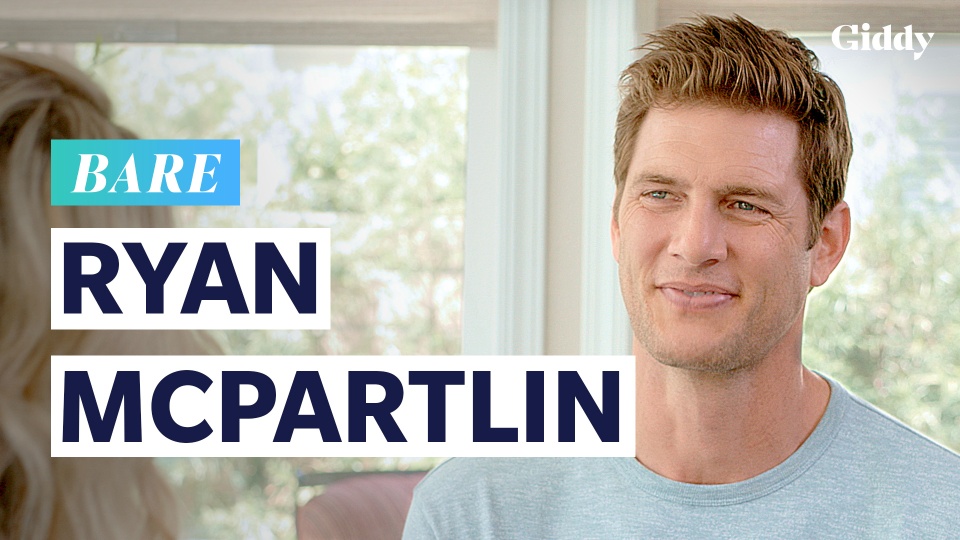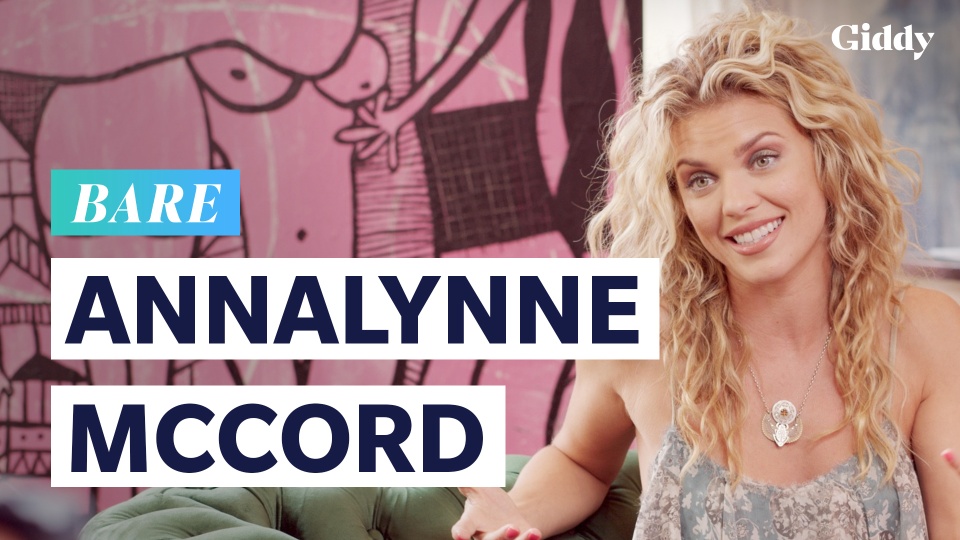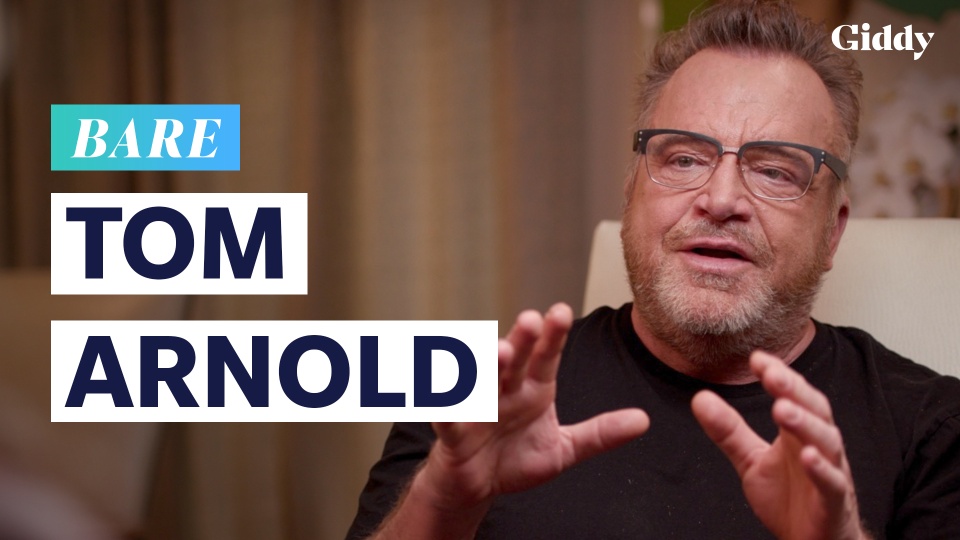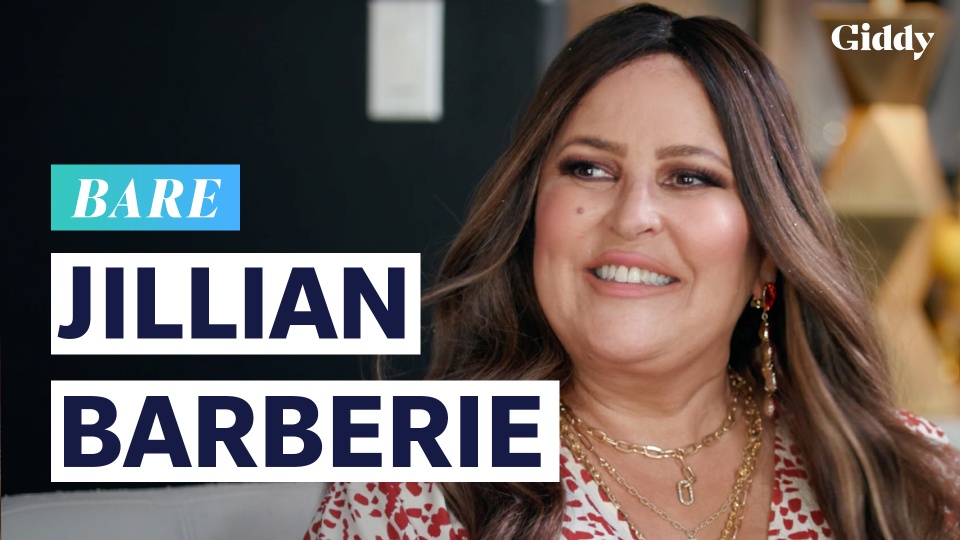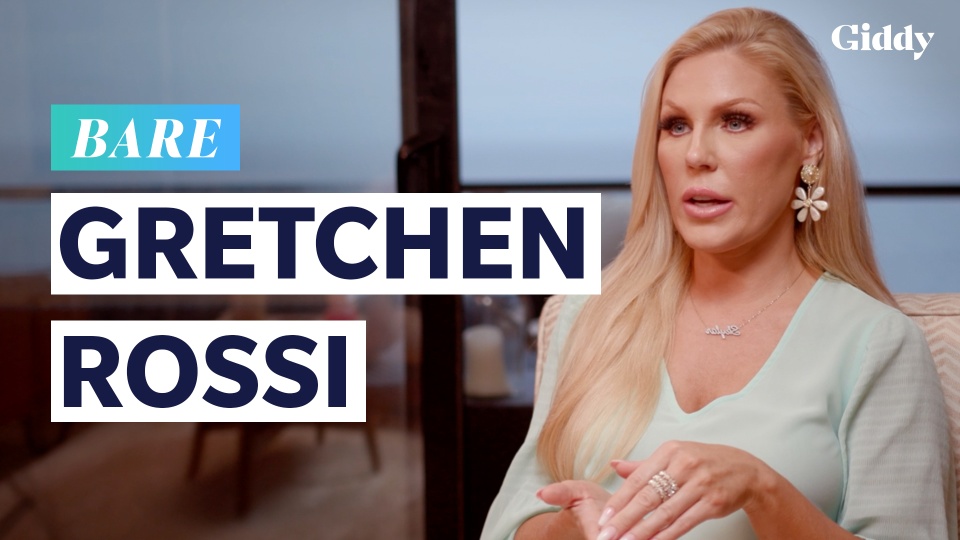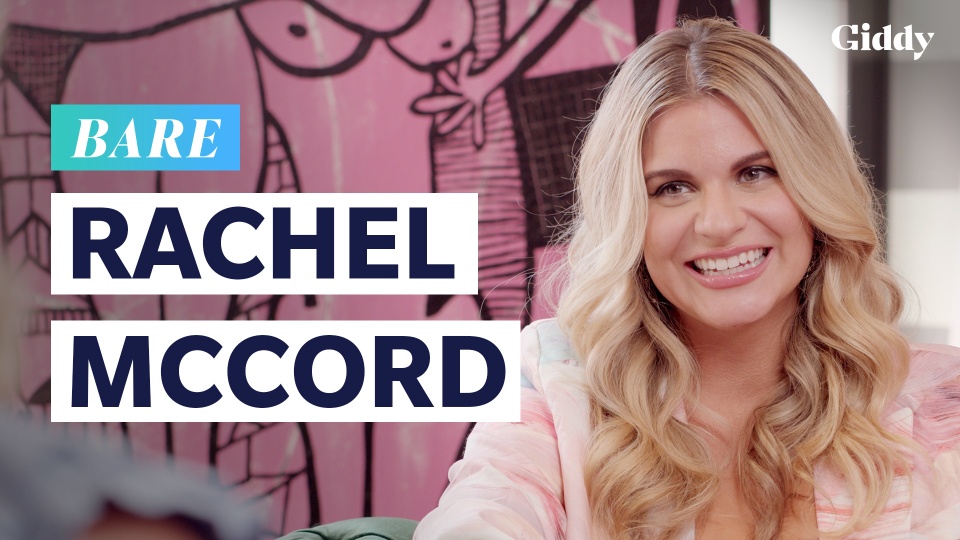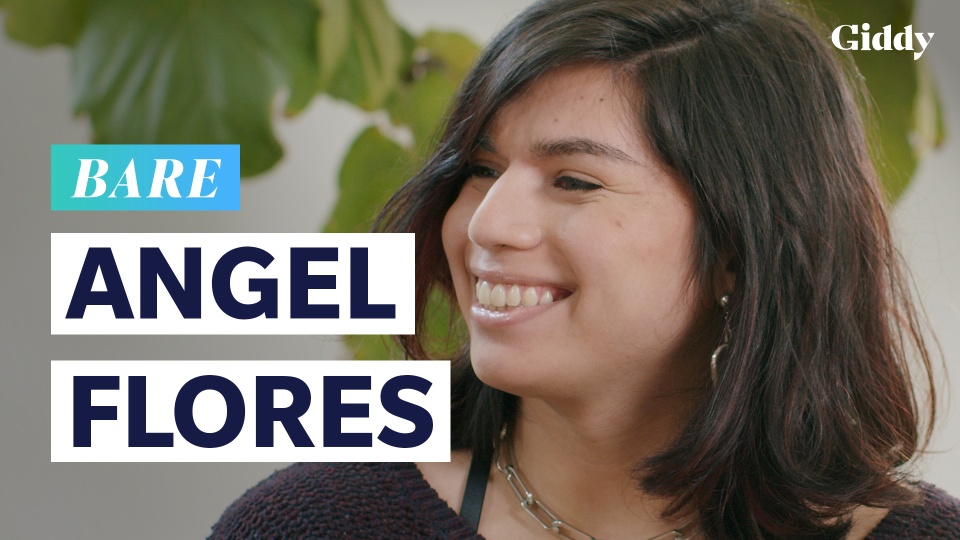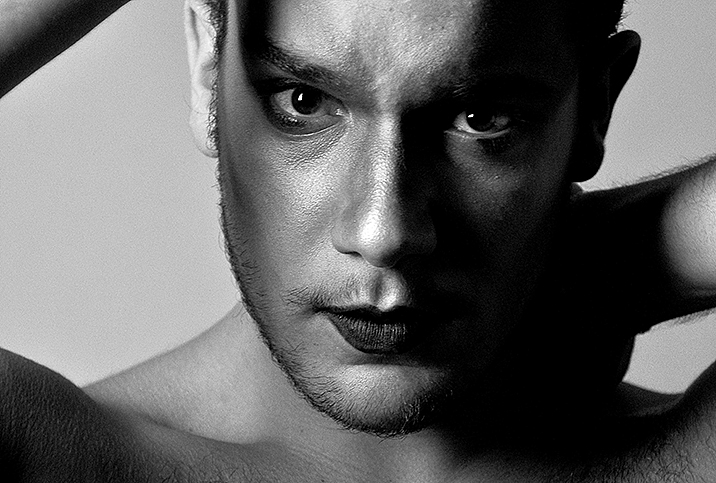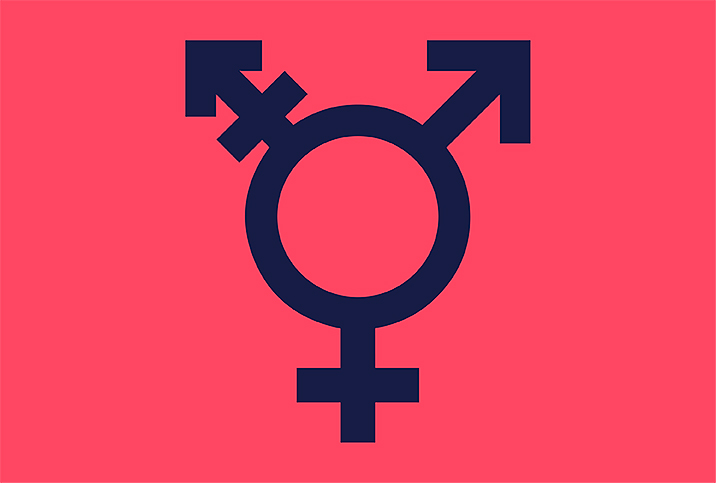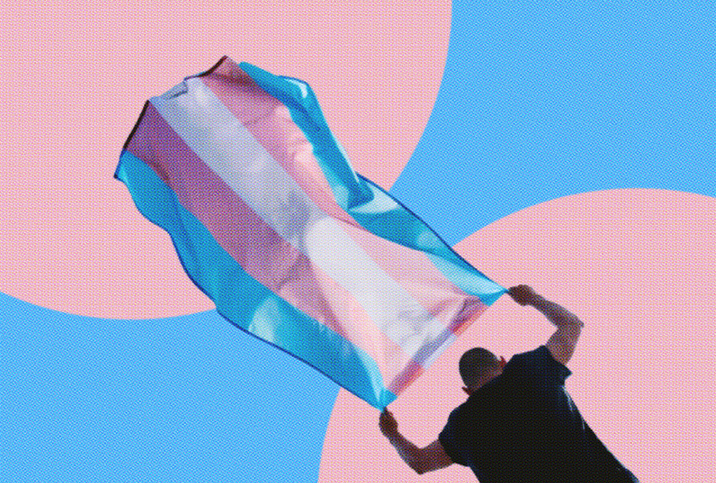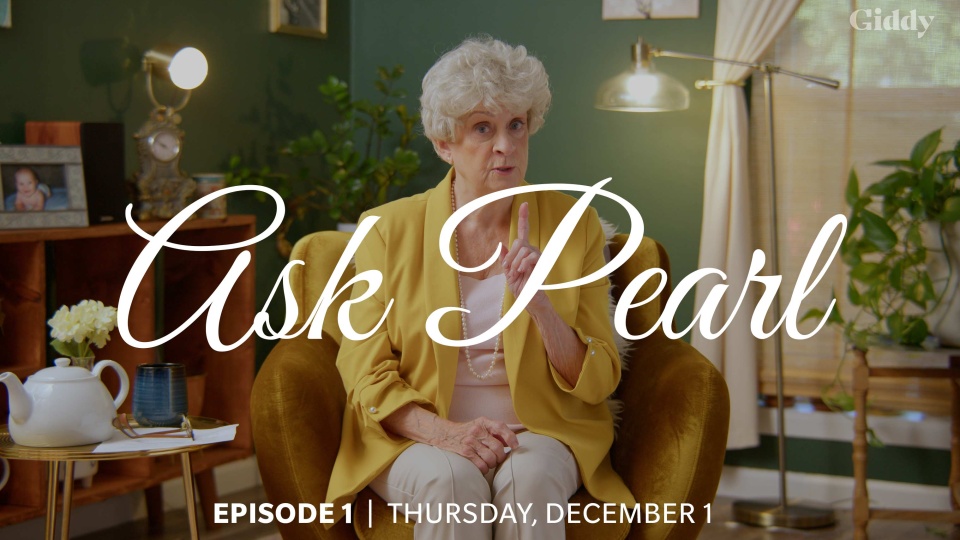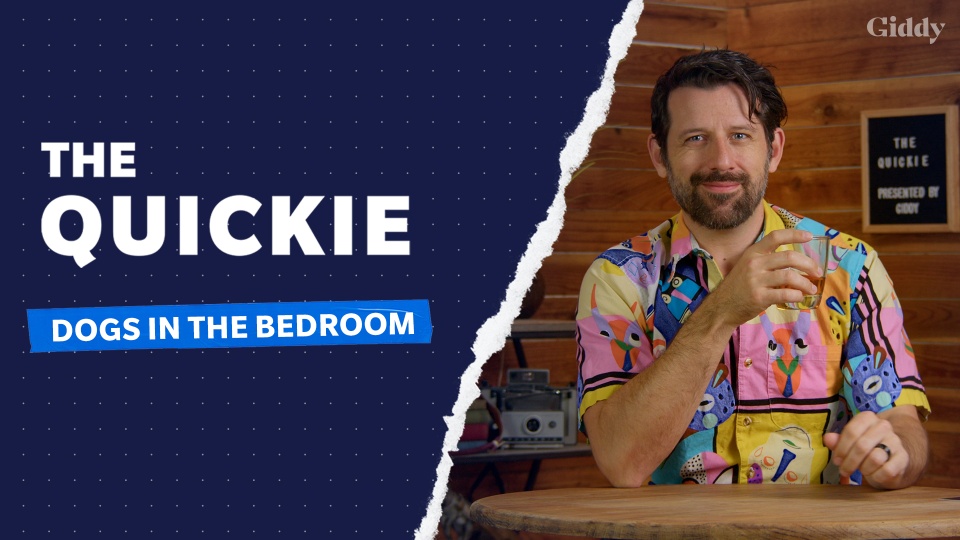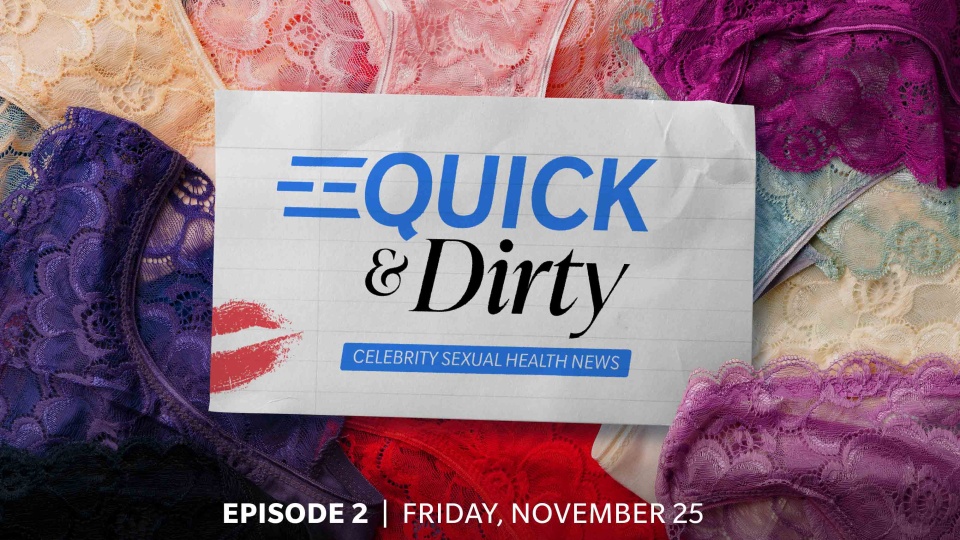Angel Arkangel Flores on the trials and triumphs of her gender transition
Athlete Angel Arkangel Flores sat down with Giddy's Bri Jenkins to discuss her darkest day, which included bigotry and ridicule from people who did not understand her identity.
More about this episode
A Conversation with Angel Arkangel Flores
In this interview with Giddy’s Bri Jenkins, Angel Arkangel Flores opens up about her experience with gender transition and how that journey has impacted her life today.
Flores, who won over the hearts of fans after appearing on season 6 of Netflix’s “Queer Eye,” is a competitive powerlifter who devotes most of her time and energy to perfecting her craft. As a trans woman, this can be challenging during sex-segregated competitions when people don’t know how to treat a gender-diverse person. Flores has firsthand experience of this lack of education, which often leads to outright transphobia.
Despite these personal attacks, Flores has remained resilient due to the love and support she receives from her family, friends and partner. The way her community uplifts her inspires viewers to find ways to support their loved ones — and strangers — near or far.
Transcript
I’ve gotten to know you a lot today during the conversation. I think one of the really important things about your story is how you've experienced so much, but we haven't touched upon a dark time and how you were able to keep going in spite of all of that heaviness.
I think a dark moment — and honestly a really uncertain point — was walking into my very first powerlifting meet as a woman and as a trans woman.
There were two areas. You had the back warm-up area and the front spectator area. I was constantly jumping between the two to see my family and to warm up and get ready. However, with my first one being at a gym that I wasn't familiar with, a new place, new faces, a lot of unfriendly faces. I walk into the warm-up area and it's immediately the side glances, the whispering, the brief lookovers, the questions, the frowns, the eyebrows.
So walking into that warm-up area, I'm putting my bag down. It was very much like fight-or-flight is on. Something's wrong. I'm anxious. These people don't want me here. These people would rather I wasn't here. These people don't even want me to exist. There were a lot of boys around my age, probably, who very much did not want me there — and I could feel it. I could really feel it.
In the back warm-up area, there's not really many people that you know besides your coach and maybe another lifter. So, a lot of the times when you travel for meets, you're on your own. So to go to a place that I wasn't familiar with, to do something that I love, and to immediately feel the tension to feel — I don't want to call it hate, but something similar. The disgust and the questions and the, “Why are you here?”
On stage as well, I was competing as a third class. The federation didn't even see me as a man or a woman, just a thing. I feel like at that point, that's what it felt like. I'm standing in the warm-up area, and I'm just a thing.
It's hard, right? Because you're there to do what you love. I was there to do what I love above all else, and to feel like there's nobody behind you makes you want to pull out. I want to run out of this room just thinking about it. You feel isolated and alone.
But, walking out, up on a little platform, still being called a thing — not a single pronoun used for me. They only used like Angel and that was it. I'm still a thing. BMX class. They didn't even know how to announce me. All that — and still being able to go out on stage, lined up on the barbell and look straight over it and see my mom. Then I see the owner of the gym, my close friend Laurie. I see my close friend Julia, my girlfriend Katia, one right after another.
I'm right in front of the barbell getting emotional already because every second I had spent in the back was hell because I was being stared at like I was on the wall and everybody was just pointing at me.
But as soon as I'm on the platform, everybody's still pointing at me. But it's everybody in the row that's cheering and it's everybody standing up that's screaming out my name and screaming out that they're proud of me and that they want me to succeed and do amazing.
It was a very hard day, honestly. And every single meet since then has been hard. It’s a lot of the same thing of people giving you the side glances and the looks and asking questions without asking questions, you know?
The key is, you know how it feels, but nothing beats the feeling of walking on a platform and seeing everybody lined up right there and knowing every single one of those people is louder than every single other one of the people in the room. That beats everything.
And it's grown. It's grown so much. And I'm so grateful that there is so much of a community behind me that even though I do have those dark, anxious, depressing moments in the back and when I'm alone, I can still come out onto the open, on onto the platform or onto the stage and see everybody screaming, rumbling the walls, dust shaking off the top of the ceiling, you know? That beats everything.






